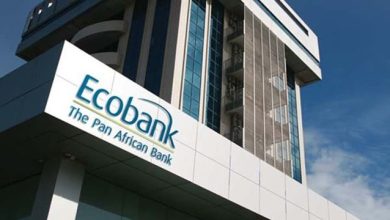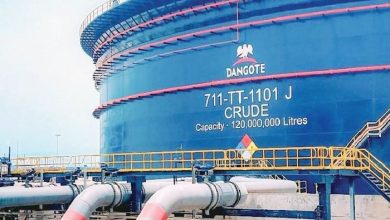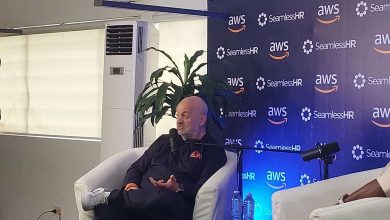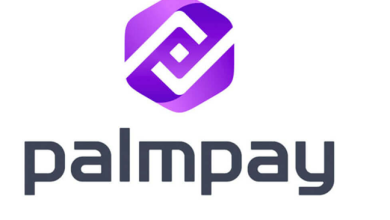Heightened Competition Forces Down Petrol Prices Across Nigeria’s Depots
A wave of price cuts by six major oil depots is shaking up Nigeria’s downstream sector, signaling a fierce competition that could soon ease the burden on motorists.
With ex-depot prices now falling below or matching Dangote Refinery’s ₦825 per liter benchmark, Nigerians may see pump price relief as market liberalization and low crude prices continue to reshape the fuel landscape.
As increased competition forces six major oil depots to lower petrol prices, Nigeria’s downstream petroleum industry is undergoing a significant transformation that could provide drivers with a lifeline in the face of economic hardship. The market is changing quickly as depot prices are now either falling below or closely matching the benchmark of ₦825 per liter set by Dangote Petroleum Refinery.
Depot price adjustments: Who dropped what?
Several depots have made significant reductions in their ex-depot prices:
- Emadeb: Reduced from ₦903 to ₦827 per liter
- First Royal: Lowered from ₦828 to ₦826 per liter
- MENJ: Decreased from ₦827 to ₦826 per liter
- Aiteo: Dropped from ₦826 to ₦825 per liter
- Pinnacle: Cut from ₦856 to ₦850 per liter
- Hyde: Reduced from ₦869 to ₦868 per liter
These new prices, mostly falling below or matching Dangote Refinery’s ex-depot rate, signal a growing price war as independent marketers aim to maintain market share.
Industry watchers point to several factors fueling these downward adjustments:
- Global Oil Prices: Crude oil has maintained a relatively low price, hovering around $65 per barrel. This global benchmark significantly reduces the cost of petrol production and transportation.
- Dangote Refinery Impact: The entry of the Dangote Petroleum Refinery into the retail space has intensified competition. With its gantry price set at ₦825 per liter, rival depots are now realigning their pricing to stay competitive.
- Market Liberalization: Although the market remains regulated, pricing has increasingly been shaped by demand-supply dynamics and competition, prompting marketers to optimize pricing strategies.
An anonymous industry expert commented on the situation:
“With depot prices aligning closely with Dangote’s rate, there is real optimism that petrol costs could drop further, especially if crude prices stay low and competition heats up.”
Dr. Billy Gillis Harry, President of the Petroleum Products Retail Outlets Owners Association of Nigeria (PETROAN), confirmed the development, stating that:
“The ability to lower prices is not only beneficial for end-users but also crucial for survival in the retail segment. It reflects the efficiency of competitive pricing in a liberalized market.”
Looking ahead, with analysts projecting continued reductions in depot pricing and a possible trickle-down effect to the pump, Nigerian consumers could begin to feel relief in the coming weeks.
Market watchers will be observing whether this competition drives further cost savings and how Dangote Refinery responds to maintain its pricing edge.
As global and local factors continue to interact, the Nigerian fuel market could be on the verge of its most dynamic transformation in years.



